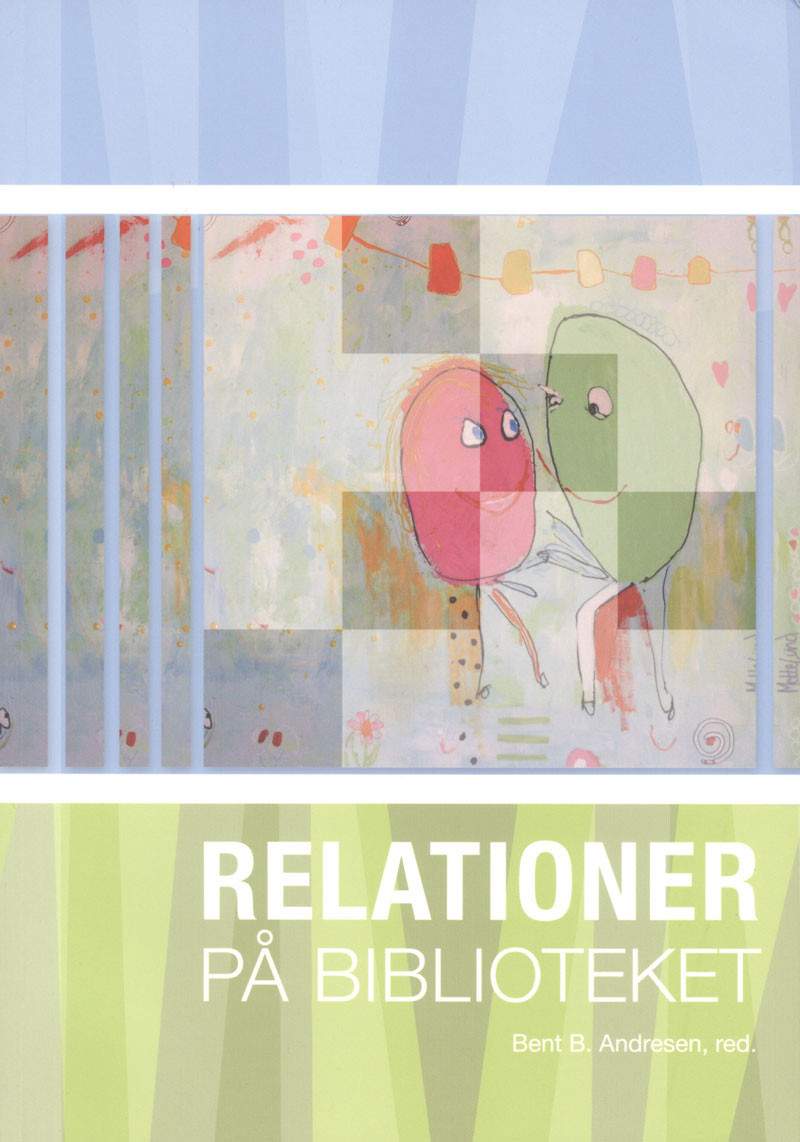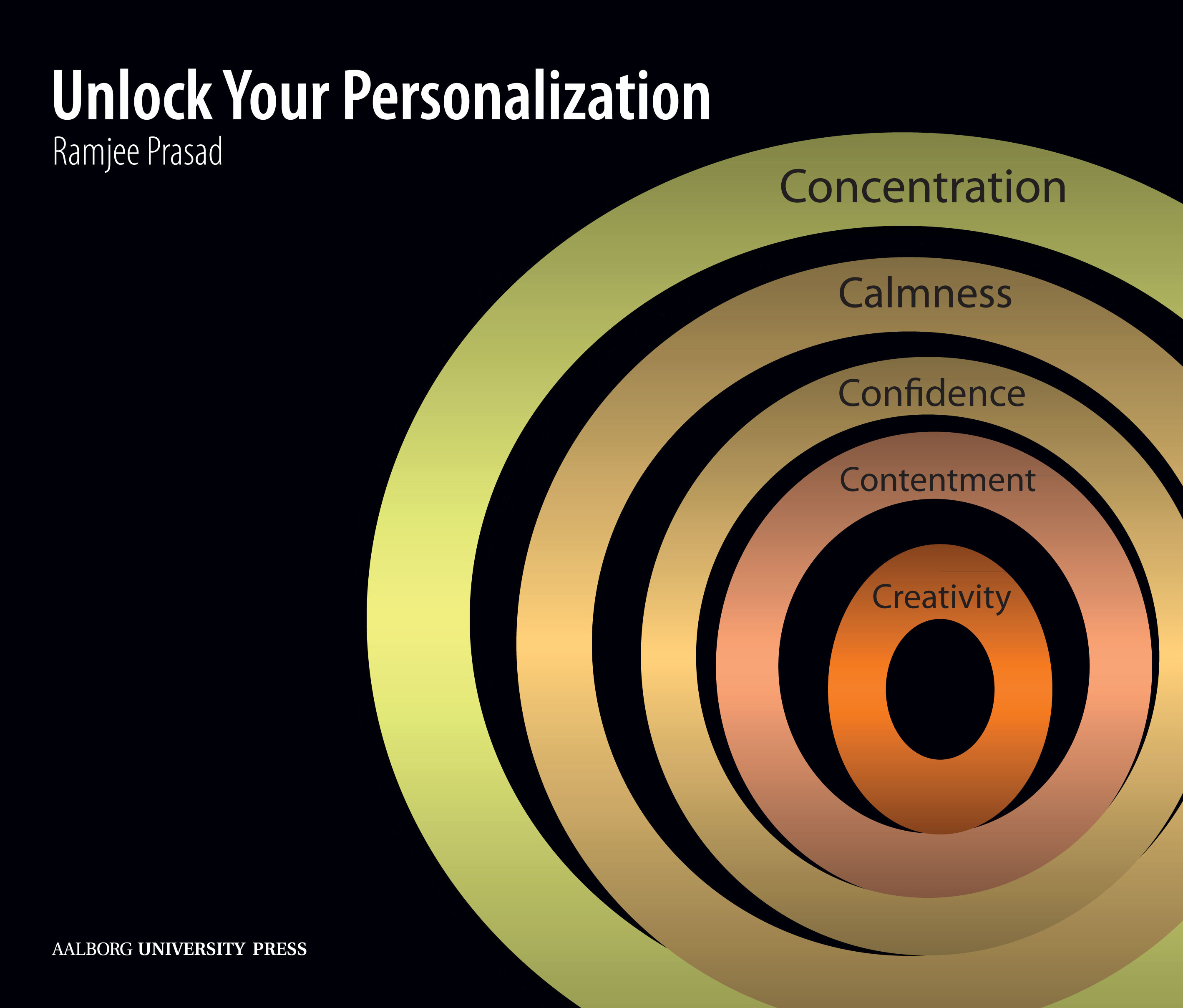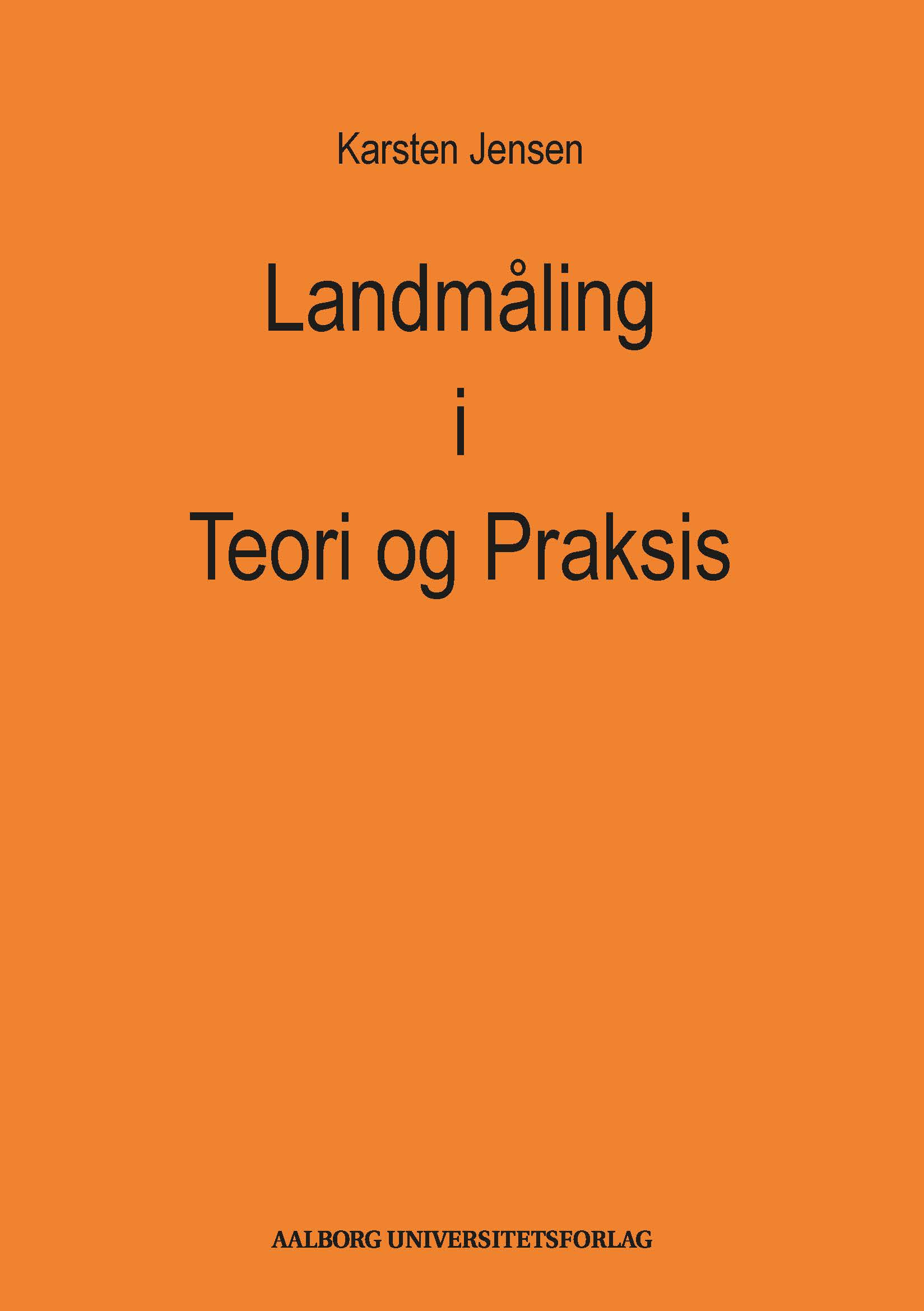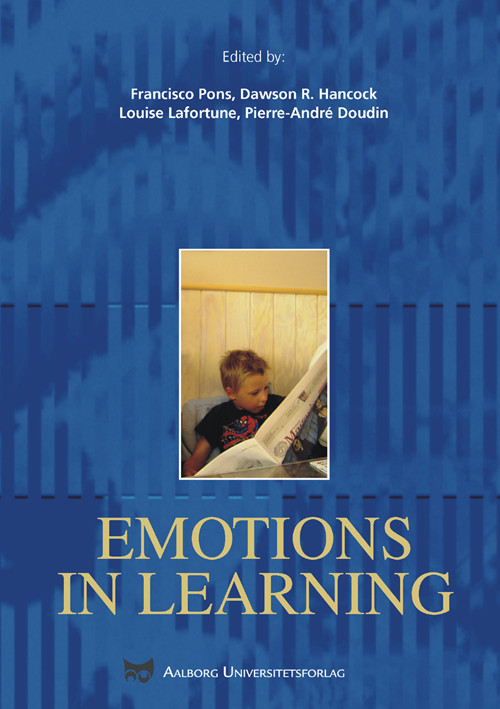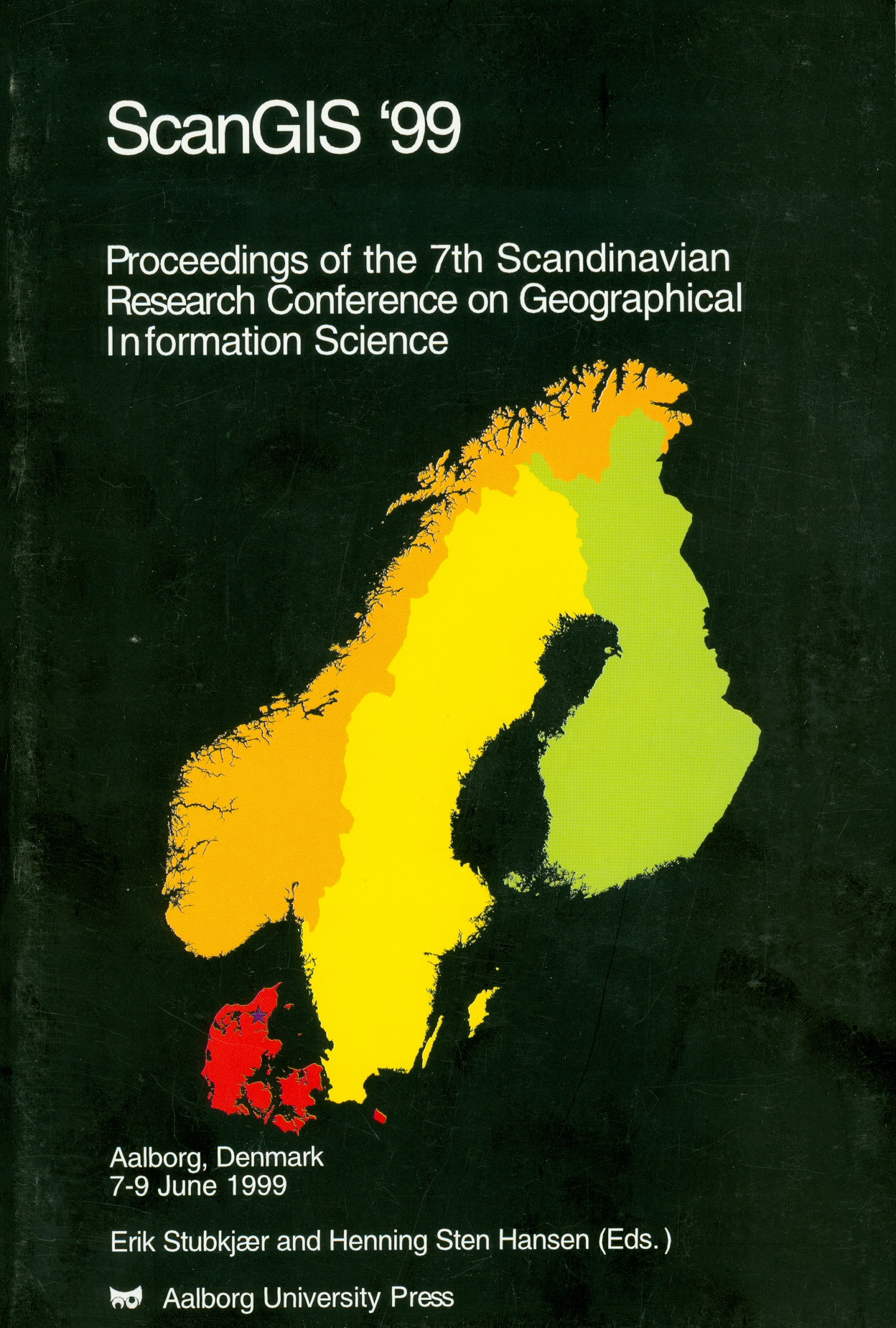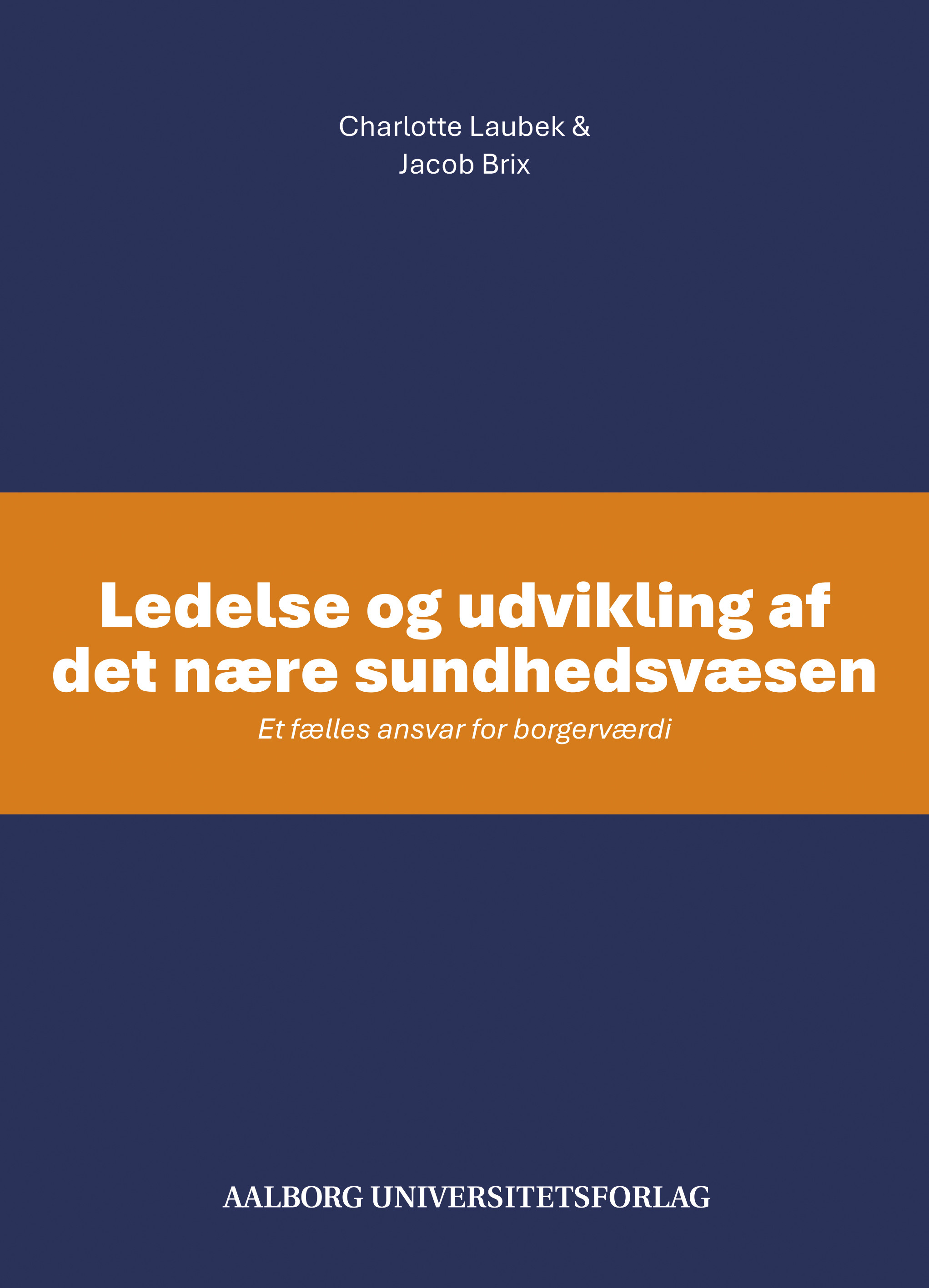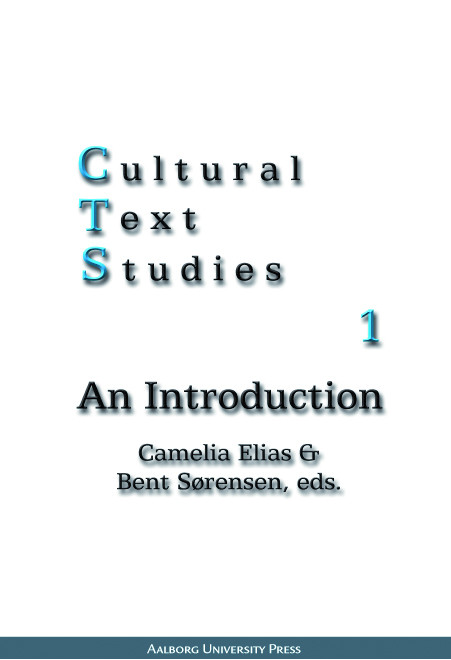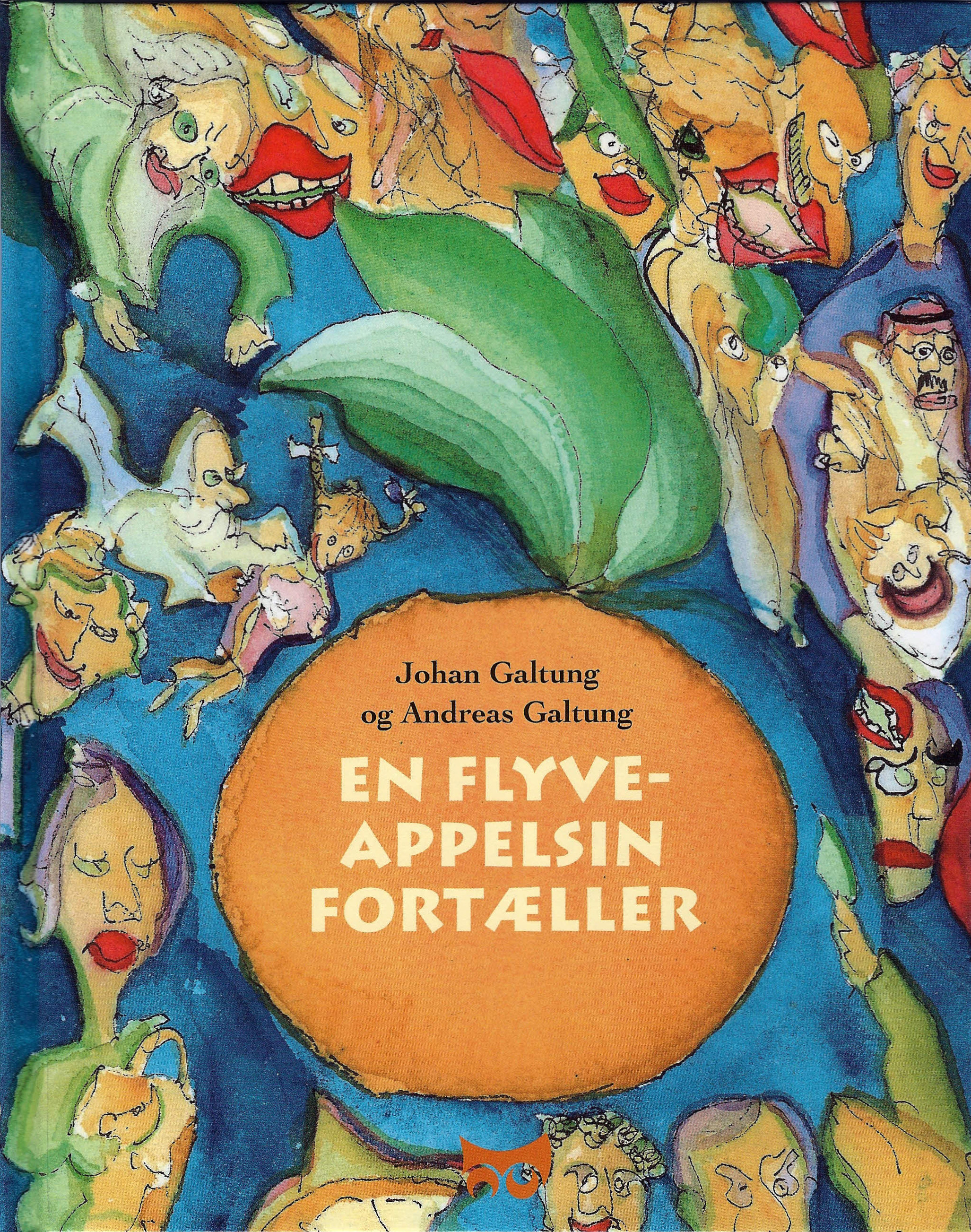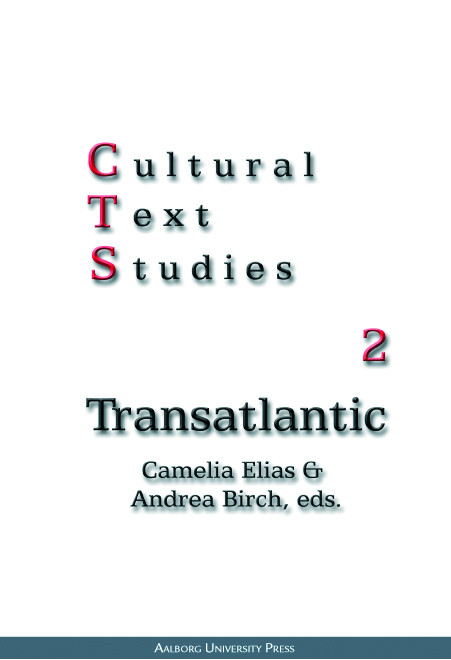Assessment of Parent-Child Interaction
Training manual
Af forfatter rachel swanick , stine l. jacobsen
Assessment of Parent-Child Interaction Manual (ACPI) provides a unique tool in the field of family work by offering a musiccentred framework for assessment and treatment. The authors both have considerable experience of working with families as music therapists. Music therapy with family work and child protection has been evolving over the last 25 years, although the published research and clinical literature on this topic remains sparse. The ACPI addresses this gap in the theoretical, research and practice literature. Its strength lies in its capacity to function as an assessment tool in its own right (i.e. determining parentchild interactions for the purposes of child protection), as well as an assessment to guide further treatment with the family. The assessment is aimed at any family experiencing difficulties with communication, interaction or attachment behaviours; more specifically it is best used with children aged 5-12. APCI provide insights into the nonverbal communication, mutual attunement, and attachment patterns of the family and specifically the parent’s ability to respond to the emotional needs of the child.
The purpose of the book is to offer knowledge and understanding of the APCI methods in an assessment setting. Throughout the book, information will be offered on how to document the effects of the APCI, understand and interpret the results and find a base of knowledge relating to attachment and family interactions/dynamics. To become a recognised and trained APCI assessor, music therapists are required to attend an official course. However, the APCI approach has clinical value that can inspire any therapist working with families on nonverbal communication also without being certified.
-
Assessment of Parent-Child Interaction Manual (ACPI) provides a unique tool in the field of family work by offering a musiccentred framework for assessment and treatment. The authors both have considerable experience of working with families as music therapists. Music therapy with family work and child protection has been evolving over the last 25 years, although the published research and clinical literature on this topic remains sparse. The ACPI addresses this gap in the theoretical, research and practice literature. Its strength lies in its capacity to function as an assessment tool in its own right (i.e. determining parentchild interactions for the purposes of child protection), as well as an assessment to guide further treatment with the family. The assessment is aimed at any family experiencing difficulties with communication, interaction or attachment behaviours; more specifically it is best used with children aged 5-12. APCI provide insights into the nonverbal communication, mutual attunement, and attachment patterns of the family and specifically the parent’s ability to respond to the emotional needs of the child.
The purpose of the book is to offer knowledge and understanding of the APCI methods in an assessment setting. Throughout the book, information will be offered on how to document the effects of the APCI, understand and interpret the results and find a base of knowledge relating to attachment and family interactions/dynamics. To become a recognised and trained APCI assessor, music therapists are required to attend an official course. However, the APCI approach has clinical value that can inspire any therapist working with families on nonverbal communication also without being certified.
-
Antal sider
120
isbn
978-87-7210-024-1
Udgave
1. edition
Udgivelsesår
2019
-
Filnavn Download


